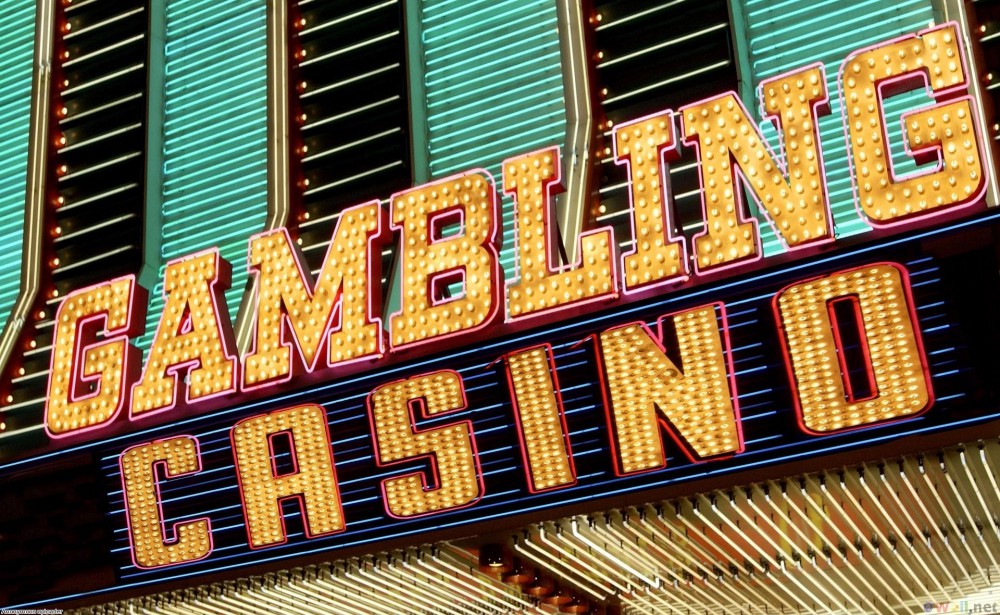
I still can’t believe I have cashed in poker tournaments every year for fifty years. When you make poker your life for over half a century, you make it into a very exclusive club.
I have to admit, playing poker for a living has taken a toll on my personal relationships; just ask my five wives.
But back to poker.
I often think about poker players who are poker pros one day and gone the next. I have watched hundreds, if not thousands, come and go. I wonder “Where did they go?” “Will they return?”–the same questions posed in that scientific show “Ancient Aliens.”
A perfect example of this phenomenon is a duo named Mark and Steve who played in a $10/$20 Hold’em limit poker game in Las Vegas around 1976-1978.
I would guess they had a bankroll of $200,000 each and were considered up-and-coming poker gods. They were super- aggressive, young players who seemed to have a different approach to the game. Where most players were happy to win $300 in a game, these two would win $2,000 on some plays.
But as fast as it came, it went. A few years later they were both back dealing poker in Las Vegas.
I have seen players win $1 million over a year or two–life-changing money–and go broke.
One player I know did it multiple times, but he was the best limit player for thirty years. The players that can bounce back are true professionals, and those that can maintain big bankrolls over many years are superstars. They are very few.
I am no steward of money management, but the poker life has been good to me. I often wonder if I had a patent in Omaha poker, would I be writing this article?
Probably not.
Poker life usually forces you do other things to offset the swings. Sponsorship and working in the poker industry have helped me and many others weather the inevitable storms.
Some invested wisely. One player won two tournaments and bought a poker club in central California. Pretty smart of him I would say.
At the poker table, we used to joke about this player or that player who we have not seen in years. We would laugh and say he missed a flush and disappeared.
A Chance of a Lifetime

When you run good at poker, it is an amazing accomplishment, but how long you can stay in the game depends on many factors.
Players know when watching some of these poker streaks if they are real or just pure luck. They often can tell if a player has talent or is a one-hit wonder.
I hope I fit in the former category.
I had my best chance of winning the WSOP Main Event in 1991, the first year the winner was guaranteed $1 million. Even though I made the final table in 1994, in 1991 I led the entire event and dominated every table.
This hand came up that changed everything. I picked up kings against Perry Green. A player raised 40,000 and without hesitation I said, “Raise 400,000.” I could see everyone was trying to fold, so I was not worried. Then I heard the dealer say, “All in by Perry.”
He turned over his hand and showed Ace King. I could see the Ace in the door as he was spreading the flop. My heart sank, but I kept my poker face. Perry won the hand going on to win second place.
Perry said he did not see how much I raised or that it was a reraise. He told me he wasn’t thinking and would have never moved all-in with that situation.
My mistake was I moved too fast. What I should have done was taken my time, counted my chips and gave the other players time to think. I know Perry would not have called that late in the tournament and so close to the final table. He apologizes every time I see him.
That decision probably changed my career forever. I finished in 10th place. I would go on to cash four consecutive years in the Main Event in the 90s (which was a record for a time) with a final table appearance in 1994, the year Russ Hamilton won.
If you want to survive in poker over a long time, my suggestions are simple: don’t quit your day job, dedicate yourself to studying the game, put in the hours it takes to suffer the beats and manage the wins.
I dedicate this article to my wife Patty, who has endured the ups and downs of poker life with me. As she says, I saved the best for last.
As a betting man, I would say she is right.
Robert Turner is a legendary poker most well-known for introducing the game of Omaha poker to Nevada in 1982 and to California in 1986. He created Legends of Poker for the Bicycle Casino in 1995 and Live at the Bike, the first live gaming site broadcast on the Internet in 2002.
Robert has over 30 years’ experience in casino marketing and player development. He has served as an executive host at the Bicycle Casino and MGM. He is currently working as a casino consultant.
Robert can be reached at robertturnerpoker@gmail.com for consulting, marketing and coaching. Find Robert on Facebook at https://www.facebook.com/thechipburner and on Twitter @thechipburner.
